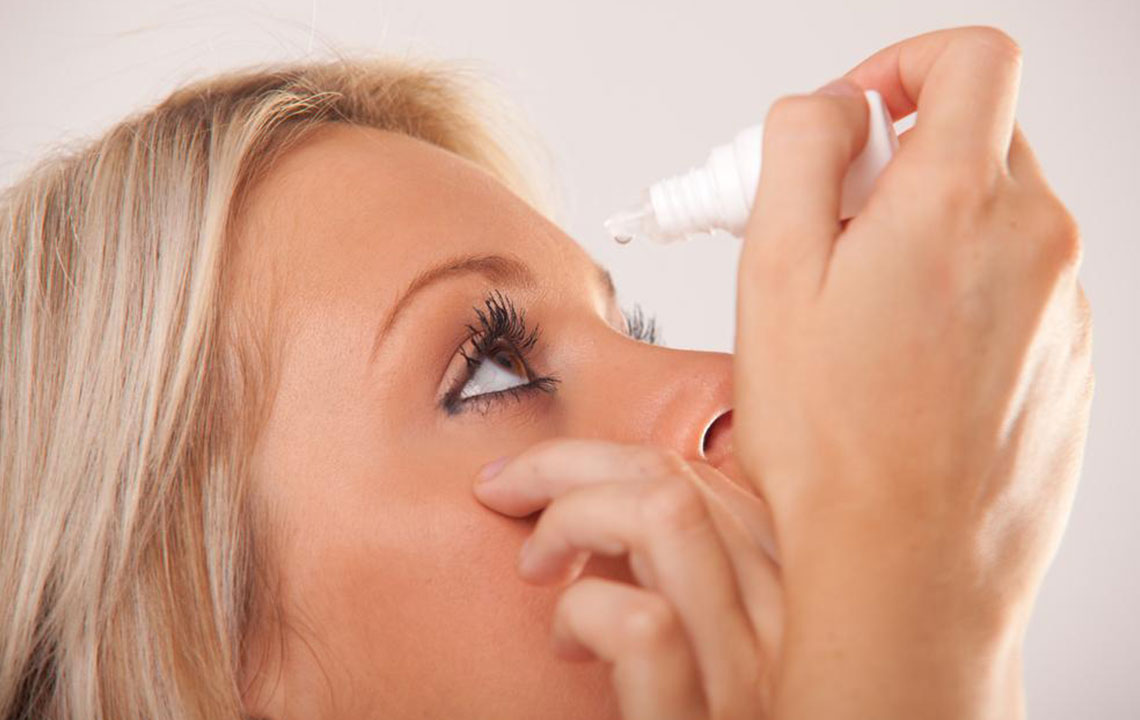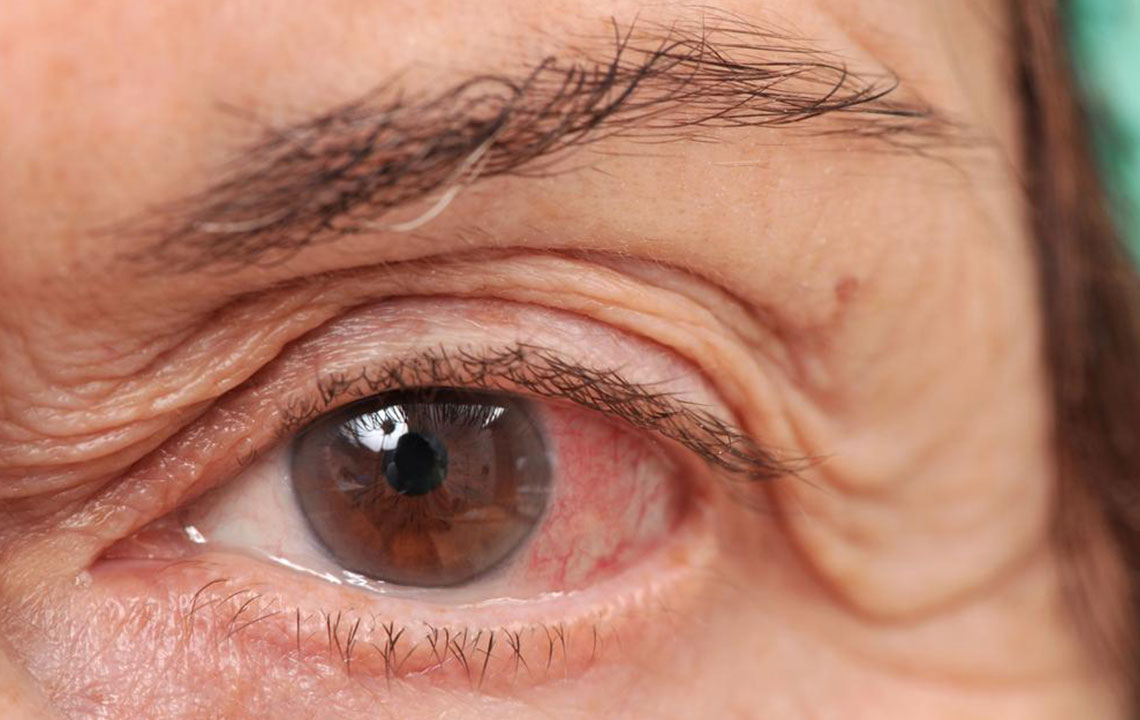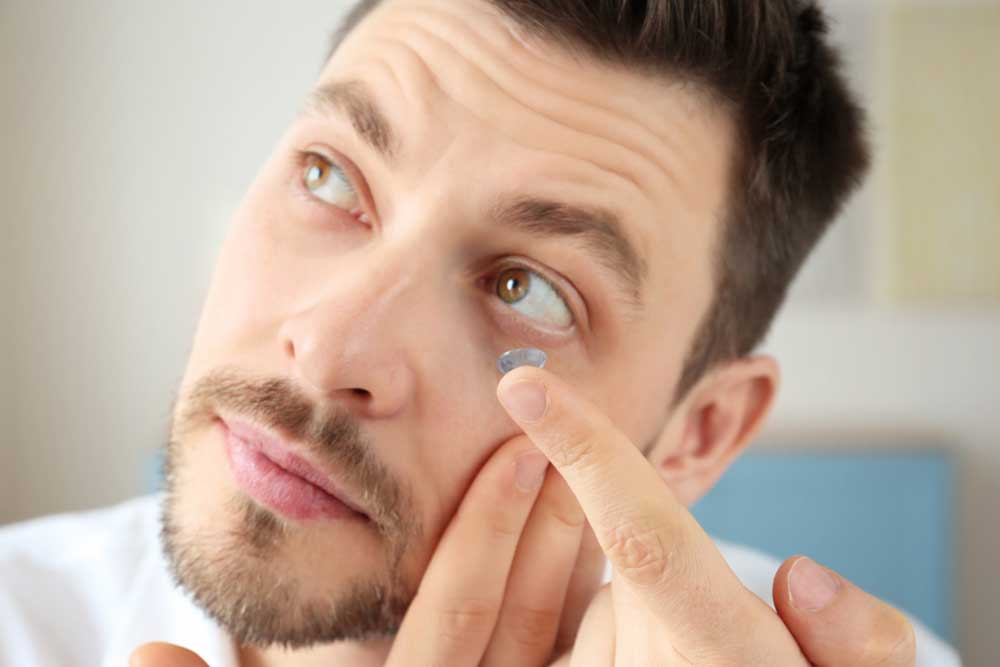Innovative Approaches to Alleviate Dry Eye Conditions
Learn about effective methods to manage dry eye syndrome, including medical treatments and home care strategies. This comprehensive guide covers causes, symptoms, and professional options to help soothe and protect your eyes from dryness caused by modern lifestyles and health conditions.

Innovative Approaches to Alleviate Dry Eye Conditions
If you spend long hours on computers or digital devices, you might experience dry eyes. This article discusses the causes, symptoms, and treatment options for dry eye syndrome. Remember to consult an eye specialist before trying any remedies.
Your eyes are constantly lubricated by tears, which protect and prevent infections. Tears are composed of water for hydration, oils for lubrication, mucus for spreading, and antibodies to defend against pathogens.
The tear-producing glands located near the eyes can malfunction, leading to dryness.
Common symptoms include:
Burning or irritation
Eye fatigue
Redness and sensitivity to light
Itching or stinging sensations
Reflex tearing may occur as a response to discomfort, but these tears often lack adequate lubricating properties.
Dry eyes can be caused by prolonged screen time, air-conditioned environments, or hairdryers, as well as factors such as:
Age-related changes or menopause
Side effects of certain medications
Autoimmune disorders like Sjogren's syndrome or rheumatoid arthritis
What treatment options are available? It is essential to seek professional medical advice before attempting self-treatment.
Artificial tears or gels: Eye drops or ointments available over the counter can lubricate dry eyes; consistent use might be necessary.
Punctal plugs: Tiny devices inserted into tear ducts to reduce tear drainage and retain moisture. Temporary dissolvable options may be used initially.
Lipiflow therapy: Applies controlled heat and pressure to unblock eyelid glands, decreasing tear evaporation and restoring moisture.
Hormonal treatments: Applying testosterone creams to eyelids can enhance gland function, especially in deficiency cases.
Nutritional supplements: Omega-3 fatty acids from sources like salmon or flaxseeds support eye health.
Prescription drugs: Medications such as Restasis or Xiidra promote tear production and reduce inflammation, though effects take time and may have side effects.
Topical gels and ointments: Longer-lasting options like GenTeal or Refresh Celluvisc help maintain hydration.
OTC eye drops: Products like Moisture Eyes or Computer Eye Drops relieve mild dryness.
Besides medical treatments, simple home habits like frequent blinking, proper eyelid hygiene, and wearing sunglasses outdoors can help manage symptoms.
Note:
This educational content is provided for general information. Always seek advice from an eye care professional for diagnosis and personalized treatment. We do not guarantee external data accuracy or offer specific medical recommendations. Use this guide as a reference only.


